In the UK, E-Notarisation is a process by which a notary public can verify the authenticity of electronic documents and transactions. E-Notarisation enables people to sign and notarise documents online from anywhere in the world, eliminating the need for physical presence in front of a notary.
To obtain an e-notarisation, a person must first upload their electronic document to a secure online platform. The notary then verifies the identity of the signer by requesting government-issued identification and conducting a video call to confirm the signer’s identity. The notary will then ask the signer to sign the document electronically using a digital signature.
Once the document is signed, the notary will affix their digital seal and signature to the document, certifying its authenticity. The notary will also create an electronic record of the transaction, including a timestamp and unique identification number, which can be used to verify the document’s authenticity at a later date.
E-Notarisation in the UK is governed by the Electronic Identification and Trust Services for Electronic Transactions Regulations 2016 (eIDAS). This regulation ensures that e-notarisation is legally binding and recognized in all EU member states.
It is important to note that not all documents can be notarized electronically. Certain types of documents, such as wills, deeds, and affidavits, may require physical signatures and notarization. It is always best to consult with a notary public to determine whether a document can be notarised electronically or requires physical presence.
Please contact us for further details of how we can assist with your E-Notarisation requirements.


0 Comments